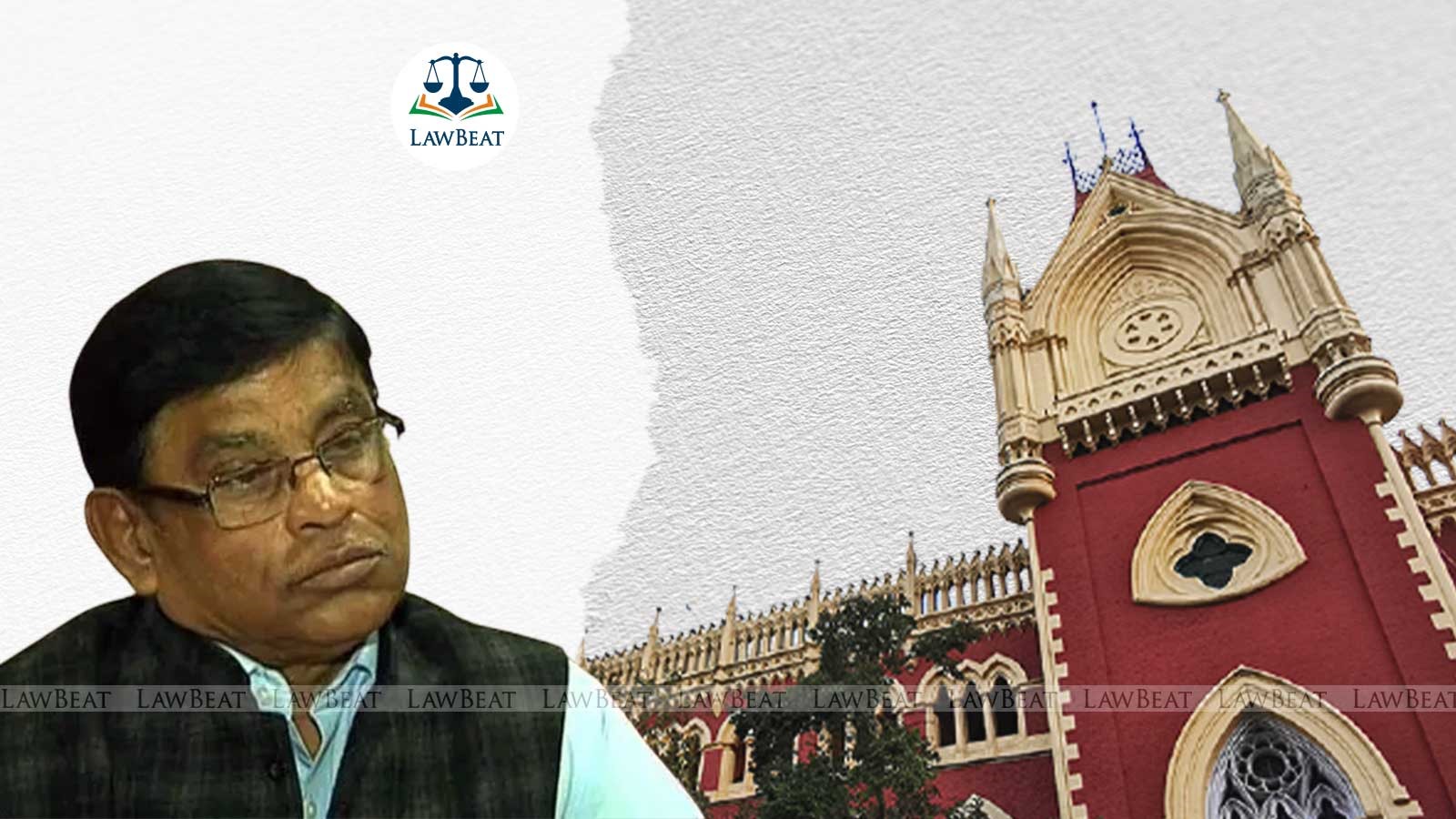Calcutta High Court Grants Bail to TMC Leader Manik Bhattacharya in Cash-for-Jobs Scam

The court noted that “Further detention of the petitioner shall not serve any purposes and his unlimited detention shall deprive him of his fundamental right to liberty under Article 21 of the Constitution”
The Calcutta High Court has granted bail to Trinamool Congress (TMC) leader and former MLA Manik Bhattacharya, accused in the cash-for-jobs recruitment scam. This decision follows two previously dismissed bail pleas filed by Bhattacharya, who was implicated by the Enforcement Directorate (ED) in connection with illegal appointments in the state’s school system.
Bhattacharya was arrested by the ED in the multi-crore cash-for-jobs scam involving bribes for recruiting school teachers. The Teachers Eligibility Test (TET) results for 2014 and 2015 were allegedly manipulated. The ED and CBI investigation, monitored by the Calcutta High Court, has implicated TMC leaders, including former minister Partha Chatterjee. The ED is also probing TMC MP Abhishek Banerjee’s company, 'Leaps and Bounds,' for laundering proceeds from the scam.
A single judge bench of Justice Suvra Ghosh presided over the case, and emphasised on the balanced the nature of the allegations against Bhattacharya, the status of the investigation, and his prolonged incarceration without trial. Referencing prior rejections dated June 26, 2023, and November 16, 2023, respectively, the court noted that Bhattacharya had been allowed by the Supreme Court to file a fresh bail application due to subsequent events. These events included the failure to provide all relied-upon documents to Bhattacharya before his previous bail applications were considered, as well as the conclusion of the investigation without a formal charge being framed.
The court addressed several key issues raised by the petitioner. Bhattacharya had argued that his arrest violated Section 19(1) of the Prevention of Money Laundering Act (PMLA) and that he was not informed of the grounds for his arrest. However, the Court found that the petitioner had been made aware of the arrest grounds, noting that he had refused to sign the arrest memo after reviewing it. The Court deemed this defence too weak to stand.
The court also relied on the Supreme Court's verdict in the case of Manish Sisodia vs Directorate of Enforcement, where it was held that prolonged incarceration prior to a conviction should not become a punishment without trial, as per Article 21 of the Constitution. “As observed the Hon’ble Supreme Court time and again, prolonged incarceration before being pronounced guilty of an offence should not be permitted to become punishment without trial and in such a case Article 21 applies irrespective of the seriousness of the crime,” the court observed.
The court further emphasised that the seriousness of the offence does not negate the protection of fundamental rights. It stated that any concern regarding the potential influence of witnesses by the petitioner could be mitigated by imposing strict conditions on his release, highlighting that “The petitioner has no criminal antecedent to his credit and no other criminal case except the present one is pending against him.”
The Court also invoked Section 436A of the Code of Criminal Procedure (CrPC), which allows for bail if an accused has served half of the maximum sentence for the crime. While Bhattacharya had not yet served half of the maximum period, having been in custody for less than two years, the Court noted that he had already undergone more than half of the minimum period for the offence under the PMLA, which mandates a minimum sentence of three years.
Furthermore, the court acknowledged the newly amended provisions under Section 479 of the Bharatiya Nagarik Suraksha Sanhita, 2023. This amendment allows for the release of a first-time offender who has completed one-third of the maximum period of imprisonment. Although Bhattacharya was still four months short of completing this period, the Court observed that further detention would be futile, as the trial was unlikely to conclude within this timeframe.
However, the court imposed strict conditions for Bhattacharya's bail to safeguard the trial's integrity, including the surrender his passport, restriction on leaving the trial court's jurisdiction without permission, attendance in all hearings, avoiding contact with witnesses, and providing his contact information and not changing the same without prior notice.
The court also warned that violation of any bail conditions shall result in the immediate cancellation of bail.
Cause Title: Manik Bhattacharya v. State of West Bengal [CRM (SB) 72 of 2024]
